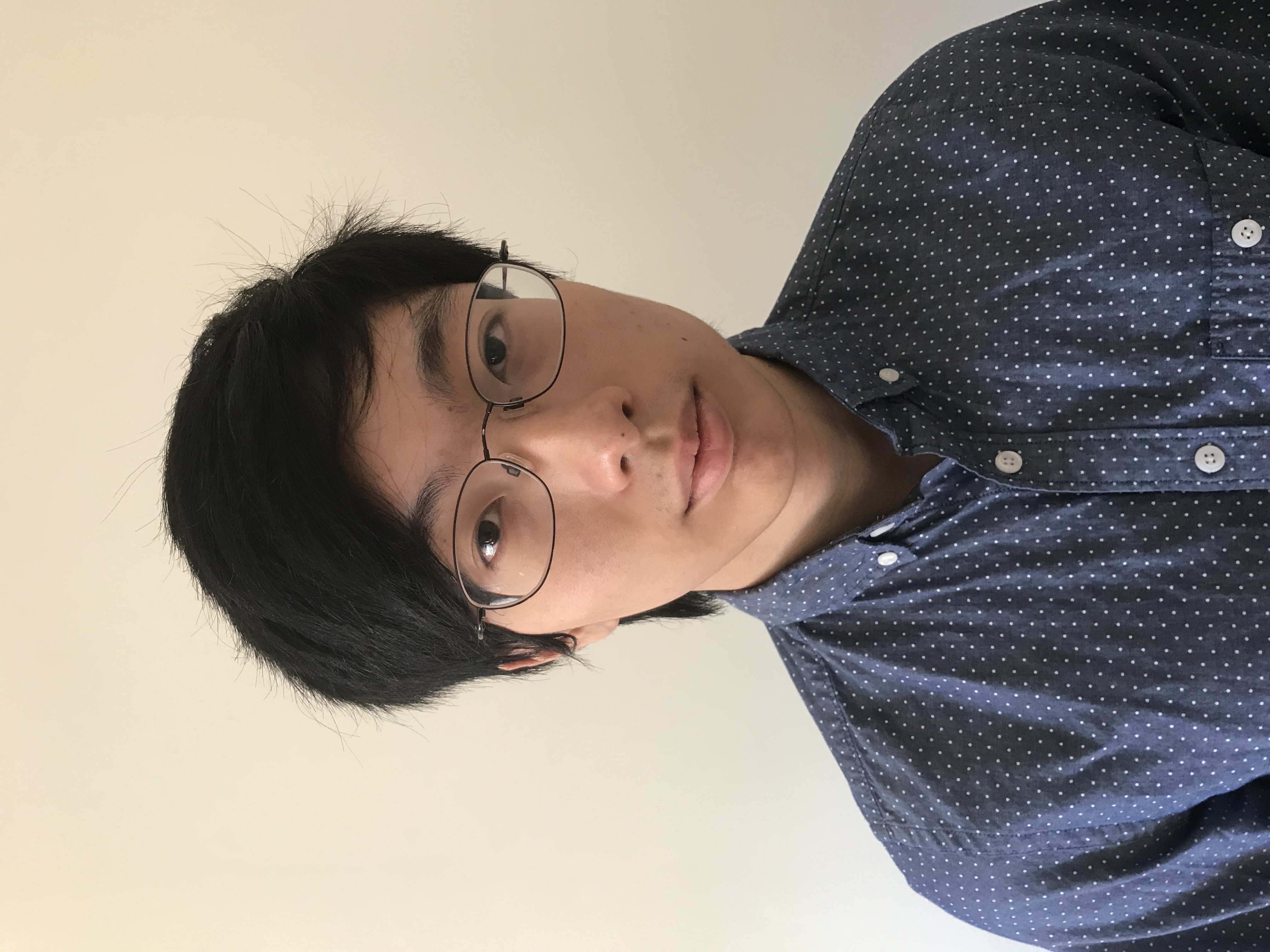Tandon’s newest SOAR fellows are bringing gamified virtual instruction to Brooklyn high schools

When Andrew Qu saw the notice seeking motivated undergraduates to assist in the development of an interdisciplinary web-based platform for chemistry students at the Brooklyn Technical High School, his interest was piqued. A member of the Class of 2022 majoring in computer science, he had the requisite background and was eager to prove himself as a software developer. Additionally, he knew firsthand just how demanding specialized high schools like Brooklyn Tech could be, so the thought of helping make content more accessible for students was appealing. (And because several friends and family members had attended the storied institution, the project hit especially close to home for him.)
 Bonnie Lin was also excited when she saw a similar notice, this one for Tandon students willing to work with Brooklyn’s Urban Assembly Institute for Math and Science for Young Women, a school dedicated to educating and empowering young women to be STEM leaders. Lin had already completed most of the biology and chemistry requirements for her dual B.S./M.S. in biomolecular science, including general chemistry, introduction to cell and molecular biology, introduction to physiology, and organic chemistry I and II, giving her sufficient background knowledge to develop experiments for the students, and with stints as a laboratory teaching assistant under her belt, she was confident she had the skills to oversee a lab.
Bonnie Lin was also excited when she saw a similar notice, this one for Tandon students willing to work with Brooklyn’s Urban Assembly Institute for Math and Science for Young Women, a school dedicated to educating and empowering young women to be STEM leaders. Lin had already completed most of the biology and chemistry requirements for her dual B.S./M.S. in biomolecular science, including general chemistry, introduction to cell and molecular biology, introduction to physiology, and organic chemistry I and II, giving her sufficient background knowledge to develop experiments for the students, and with stints as a laboratory teaching assistant under her belt, she was confident she had the skills to oversee a lab.
They were each thrilled to be chosen as an NYU Tandon Science Outreach and Research (SOAR) fellow, a post that would allow them to earn a National Science Foundation-funded stipend, guided-study credits, and hands-on teaching experience. The fellowship initiative was spearheaded by Professor of Chemical and Bimolecular Engineering Jin Montclare and is aimed at inspiring the next generation of engineers, chemists, and coders by sending select Tandon students into high school science classrooms and labs to serve as instructors and mentors.
For the foreseeable future, Lin and Qu will work remotely. Lin, who is partnering with the Urban Assembly instructor Thomas Wilson on an environmental science course, sees the silver lining in that. “I have always believed that online learning platforms would transform the education system, as they provide an effective tool to help students learn. I’m thrilled to bring laboratory experience online and hope I can contribute to this transformation.”
Qu, who will be working with Brooklyn Tech’s Dr. MacRae Maxfield, concurs. “The on-line modules I’m using were originally designed by my predecessor in the fellowship, Eric Leung, to be used before the day of the actual lab, so that students could familiarize themselves with the experiments and prepare, but now, in these challenging circumstances, with everyone engaged in remote learning, they’re proving themselves to be even more useful.”
“Bonnie and Andrew have demonstrated their creativity and innovation in their lessons and online platforms so far, and the students of Brooklyn Tech and the Urban Assembly, along with their teachers, are benefitting from their example,” Montclare says. “I’m proud to have them representing the SOAR program, especially during this unprecedented time when teaching methods and platforms are being rethought and their work is helping K-12 schools.”
To try out the urban sustainability game Lin is using with her environmental science students, go to Urban Climate Architect
Qu’s platform, which employs a database he designed and manages, allows instructors to assign quizzes and simulations to their classes. The virtual chemistry labs being used are hosted on Amazon Web Services and can be accessed at
https://soar-bths-rates-of-reaction.s3.us-east-2.amazonaws.com/index.html
https://soar-bths-concentration-of-solutions.s3.amazonaws.com/index.html
https://soar-bths-spectometry-visualization.s3.amazonaws.com/index.html




